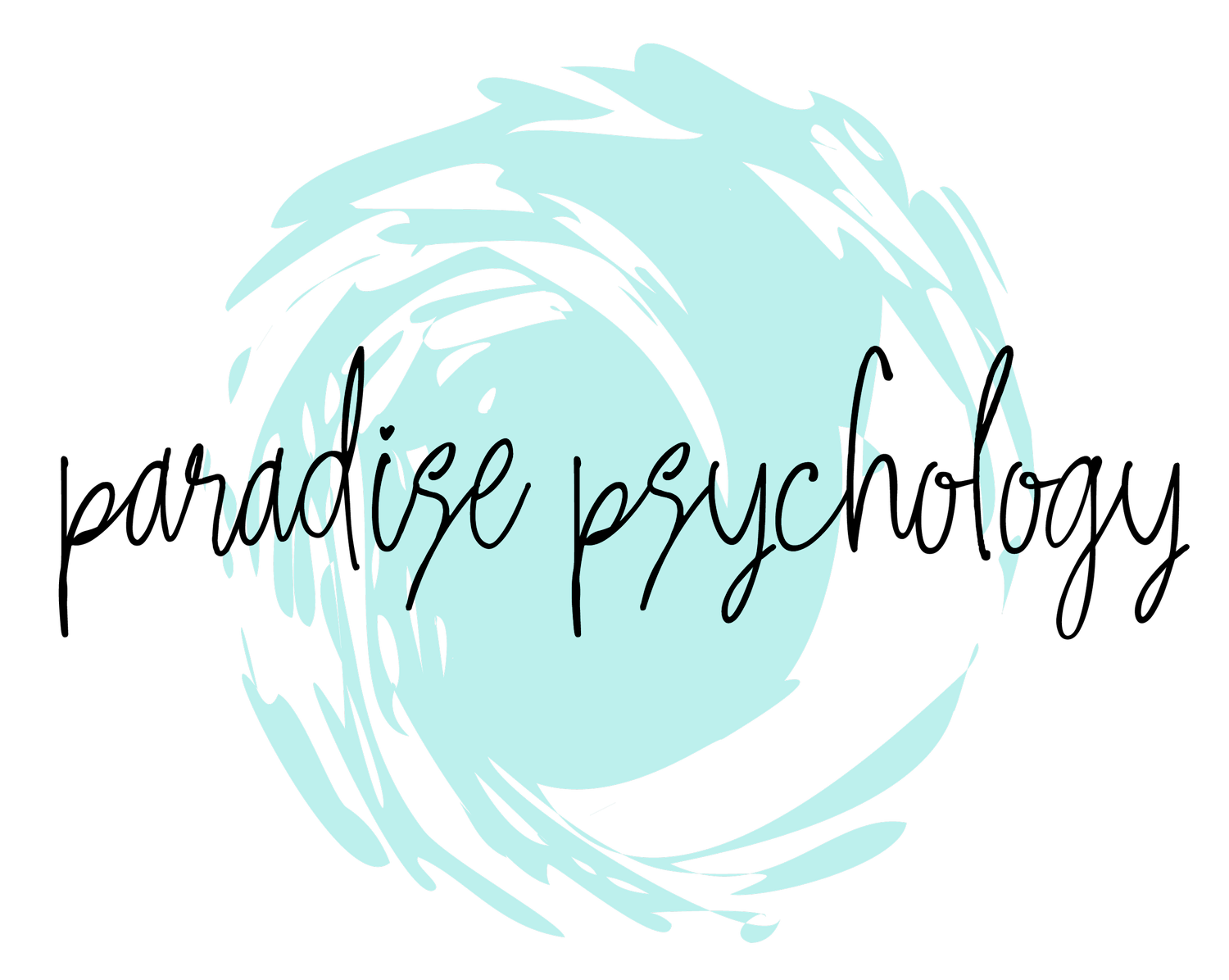My Approach.
Cognitive-Behavioral Therapy (CBT)
Epictetus once said, “People are not disturbed by things, but by the view they take of them.” Cognitive-Behavioral Therapy (CBT) asserts that we engage in behaviors in response to our perceptions of events and their associated emotions. With CBT, you will be able to shift the thoughts that directly influence your emotions and behaviors. With my support, you will peel back the layers until you uncover the root cause of your distress. From there, we will work together to free yourself by addressing intrusive thoughts, unhelpful assumptions, and damaging core beliefs.
Frustrated by your bad habit(s)? By taking a look at the subconscious process behind habits, which is called the behavior chain, you will be able to better understand and alter your behavior. This includes identifying the Trigger —> Thought —> Action —> Consequence. Triggers may involve environmental, social, cognitive, and emotional factors. I will help you throughout this process, as well as provide strategies to promote and maintain positive change.
Integrative
Integrative Therapy involves selecting interventions from amongst a variety of treatment models in order to better suit the current needs of the client and the context. In other words, your provider’s extensive knowledge of treatment methodologies will be used to better tailor treatment to your specific needs and current situation. An Integrative approach has been shown to enhance treatment effectiveness.
In conjunction with Cognitive-Behavioral Therapy (CBT), two methodologies that are often integrated into treatment within my practice are Dialectical Behavior Therapy (DBT) and Mindfulness.
Dialectical Behavior Therapy (DBT) focuses on four specific skill sets: Mindfulness; Distress Tolerance; Emotional Regulation; and Interpersonal Effectiveness. These skill sets allow individuals to manage distressing memories and thought processes, as well as cope with overwhelming emotions and address conflicts within their relationships. I will teach you skills that are often outlined in detailed handouts that you may refer to later as you progress through the therapeutic journey.
Mindfulness helps individuals remain in the present moment, also known as the “here and now.” Mindfulness allows individuals to build awareness of their emotions, thoughts, bodily sensations, and external surroundings. At the heart of Mindfulness is acceptance of one’s present experiences without judgement. Mindfulness is beneficial for reducing stress and preventing impulsive behaviors. Mindfulness can be practiced by narrowing or expanding one’s awareness of internal or external stimuli. I will guide you through various exercises to build your mastery of Mindfulness.



